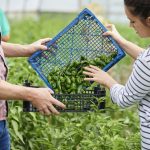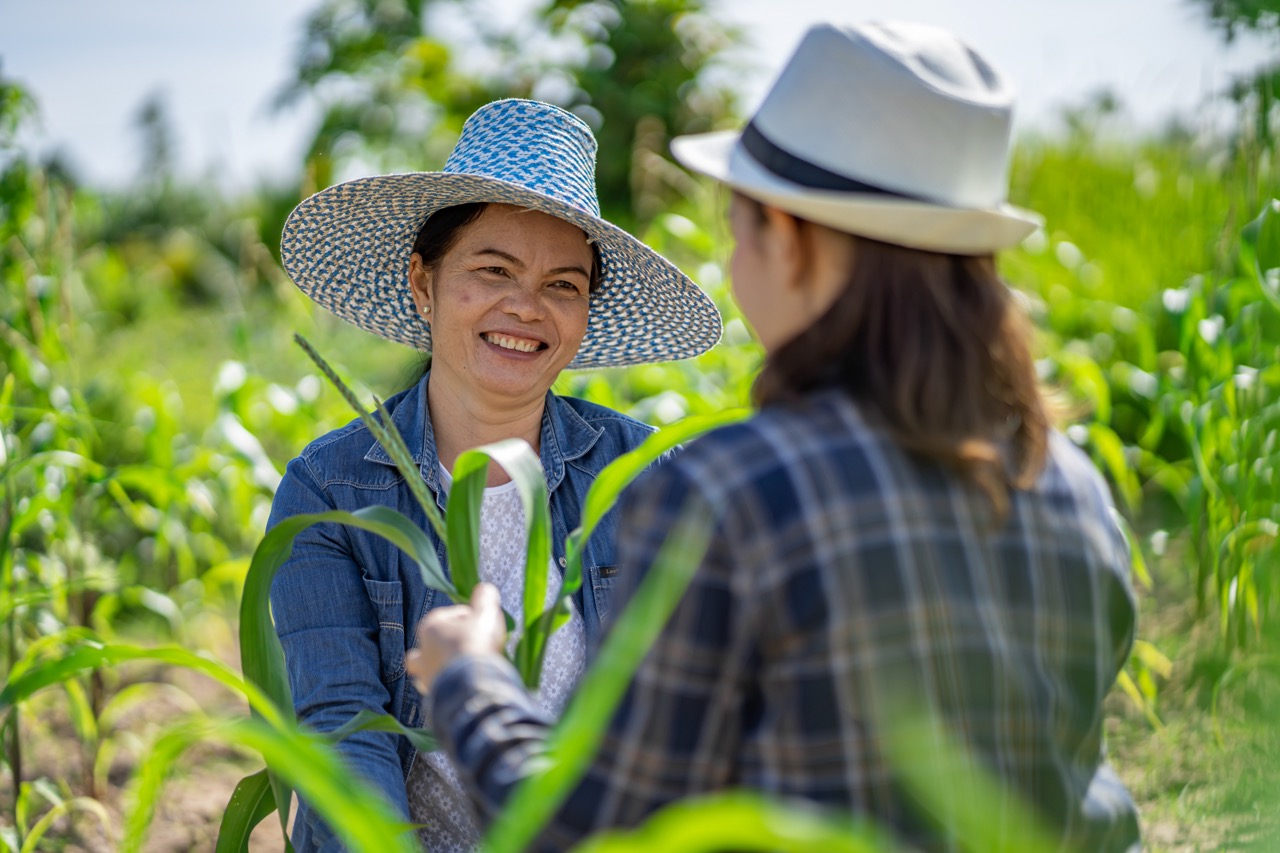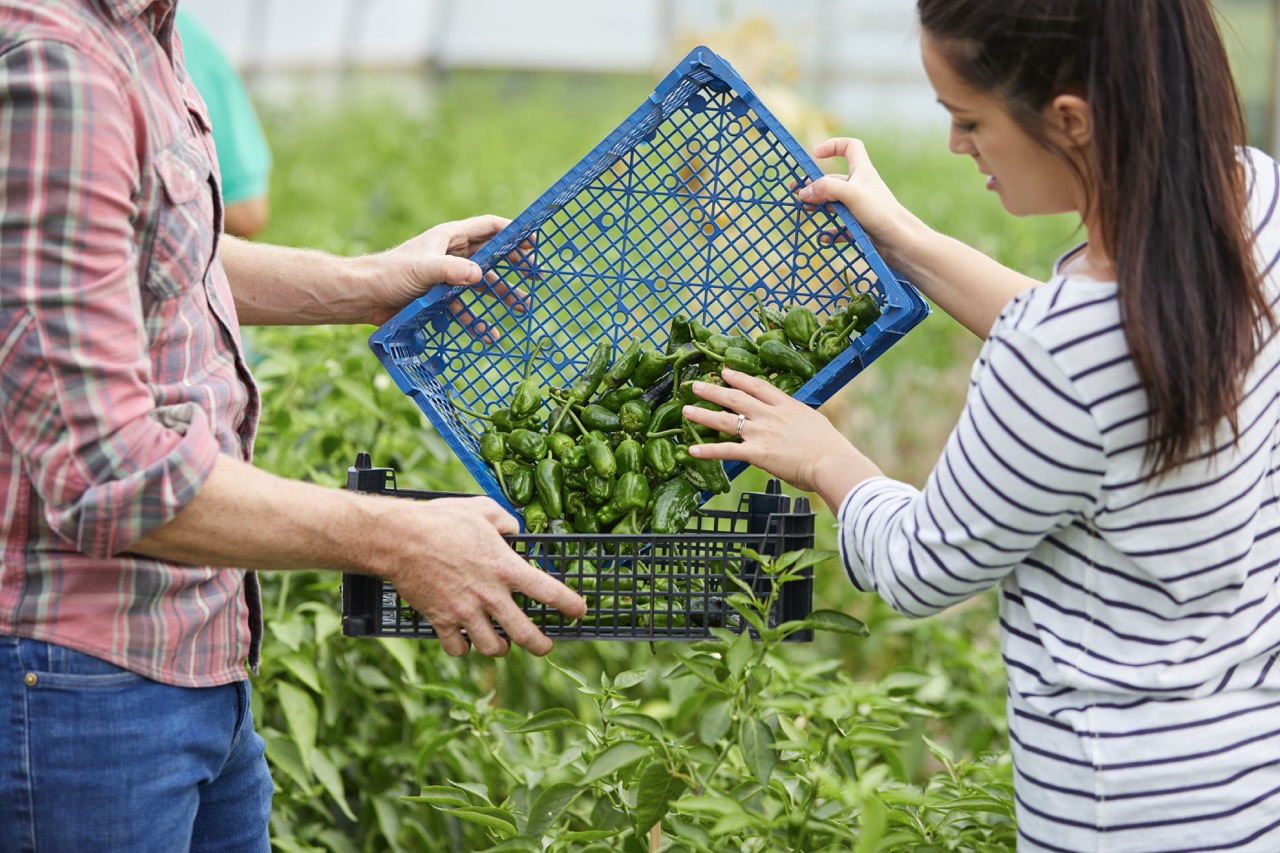Small-scale farming is a vital component of the global agricultural landscape, contributing to food security, biodiversity, and rural economies. However, small-scale farmers often encounter a myriad of challenges that can hinder their productivity and sustainability. These challenges include limited access to resources, market fluctuations, and environmental pressures, which can create significant obstacles. Yet, with the right strategies and support systems in place, small-scale farmers can not only overcome these hurdles but also thrive in a competitive market. This article explores the common challenges faced by small-scale farmers, innovative solutions for sustainable agriculture, the importance of community support networks, and the role of technology in enhancing farming efficiency.
Understanding Common Challenges Faced by Small-Scale Farmers
Small-scale farmers often grapple with a range of challenges that can vary significantly by region and crop type. One of the most pressing issues is access to capital. Many small-scale farmers rely on personal savings or loans from local banks, which may not always be available, leaving them unable to invest in essential equipment, seeds, or fertilizers. This financial constraint can limit their ability to improve yields or adopt better farming practices, forcing them to remain in a cycle of subsistence farming.
In addition to financial constraints, small-scale farmers frequently face issues related to market access and pricing. Due to their size, they may be at a disadvantage when negotiating prices with larger distributors or retailers. This often results in lower profit margins, making it challenging to reinvest in their operations. Furthermore, market volatility can lead to unpredictability in income, making long-term planning exceedingly difficult.
Environmental challenges also loom large for small-scale farmers. Climate change has brought about erratic weather patterns, pests, and diseases, which can devastate crops and reduce yields. Many small-scale farmers lack the resources to implement adaptive measures, such as improved irrigation systems or pest management strategies, putting their livelihoods at further risk. These intertwined challenges necessitate a multifaceted approach to support and empower small-scale farmers in overcoming these obstacles.
Innovative Strategies for Sustainable Farming Solutions
To address the myriad challenges small-scale farmers face, innovative strategies must be embraced. Crop diversification is one such approach, allowing farmers to reduce reliance on a single crop and mitigate risks associated with market fluctuations or crop failure. By planting a variety of species, farmers can enhance soil health, improve resilience to pests and diseases, and create multiple income streams throughout the year.
Agroecology is another promising strategy that promotes sustainable farming practices. This approach emphasizes working with local ecosystems, reducing chemical inputs, and enhancing biodiversity. Small-scale farmers can adopt agroecological practices such as intercropping, cover cropping, and organic fertilization to improve soil fertility and increase resilience against climate change. Training in these practices can empower farmers to become stewards of their land while simultaneously increasing their profitability.
Additionally, regenerative agriculture is gaining traction among small-scale farmers as a means to restore degraded ecosystems and improve their farming systems. Techniques such as no-till farming, crop rotation, and holistic grazing management not only enhance soil health and carbon sequestration but also contribute to increased productivity over time. By leveraging these sustainable practices, small-scale farmers can create more resilient systems that support both their livelihoods and the environment.
Building a Support Network for Local Farmers
Community support networks play a crucial role in helping small-scale farmers overcome challenges. Establishing cooperatives allows farmers to pool resources, share knowledge, and collectively address issues such as marketing and distribution. These cooperatives can negotiate better prices for inputs and create a stronger bargaining position in local markets, which can lead to increased profitability for all members.
In addition to cooperatives, mentorship programs can connect experienced farmers with newcomers or those facing specific challenges. These relationships can foster knowledge transfer, provide emotional support, and create a sense of community among farmers. Educational workshops and training sessions can also be organized within these networks to improve farming techniques, business acumen, and financial literacy, ensuring farmers have the skills necessary to succeed.
Collaboration with local organizations, NGOs, and government agencies can further bolster support networks. These partnerships can provide small-scale farmers with access to resources, funding opportunities, and technical assistance. By leveraging these connections, farmers can enhance their resilience against challenges and build a more sustainable agricultural future for themselves and their communities.
Leveraging Technology to Enhance Farming Efficiency
The advent of technology presents a wealth of opportunities for small-scale farmers to enhance their efficiency and productivity. Precision agriculture technologies, including satellite imagery and soil sensors, enable farmers to monitor crop health and optimize resource use. By adopting these tools, farmers can make data-driven decisions, reducing waste and improving overall yields. Such technologies can transform traditional farming practices, allowing small-scale farmers to operate more like their larger counterparts.
Mobile applications have also emerged as invaluable resources for small-scale farmers. Many apps provide information on weather forecasts, pest identification, market prices, and best practices in real-time. This access to information helps farmers make informed decisions, ultimately improving their resilience and efficiency. For those in remote areas, mobile technology can bridge the gap to vital agricultural knowledge and market opportunities.
Finally, e-commerce platforms are transforming how small-scale farmers sell their products. By connecting directly with consumers through these platforms, farmers can bypass intermediaries, ensuring they receive a fairer price for their goods. Building an online presence and utilizing social media can also increase visibility and access to broader markets. Embracing these technological advancements can empower small-scale farmers, enabling them to adapt to modern challenges while enhancing their profitability.
Overcoming the challenges faced by small-scale farmers requires a multifaceted approach that combines innovative agricultural practices, community support, and modern technology. By understanding the root causes of these challenges, farmers can implement sustainable solutions that not only benefit their livelihoods but also promote environmental stewardship. As small-scale farming continues to play a critical role in feeding the global population, it is essential to invest in the resilience and productivity of these farmers. Through collaboration, education, and innovation, we can ensure a thriving future for small-scale agriculture and the rural communities it supports.








